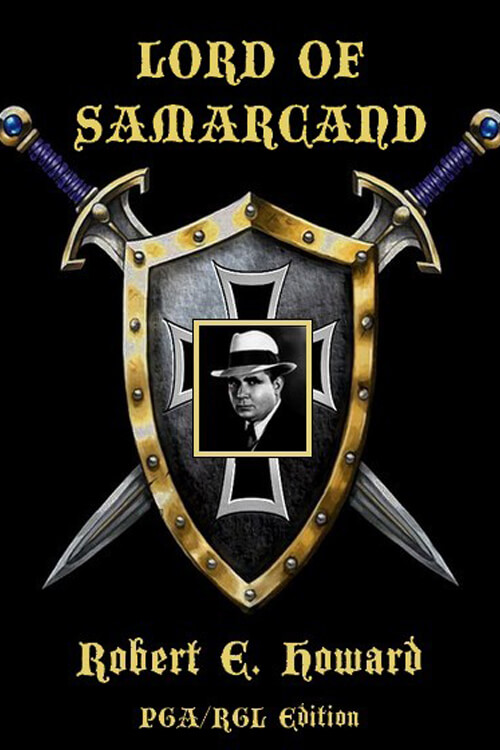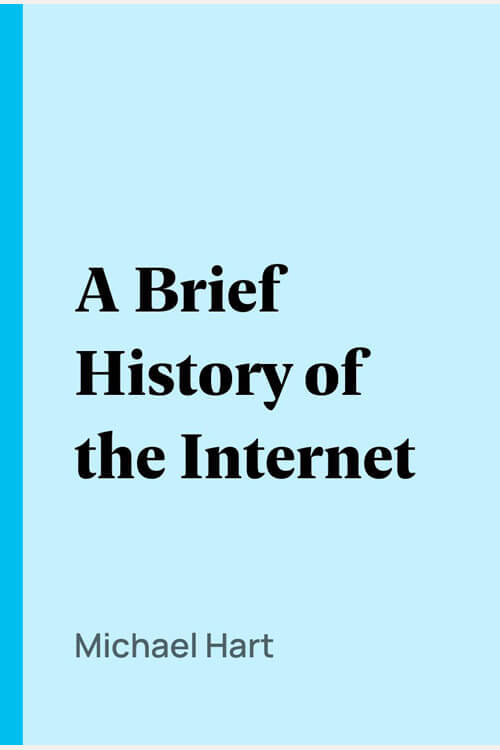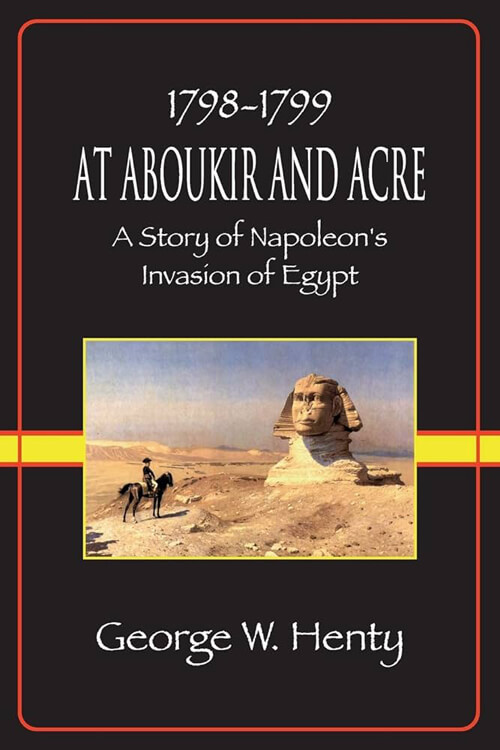
A Brief History of the Internet
This is serious business, and if you consider that it would cost the 40 million Netters about $25 per month to “subscribe” to the Information Rich version of the Internet, that means one thousand million dollars per month going into the hands of the Information Rich at the expense of the Information Poor; we would shortly be up to our virtual ears in a monopoly that would be on the order of the one recently broken up in a significant anti-trust and anti-monopoly action against the hand of the telephone company. Hopefully, we can prevent it now if we see it coming, but it will take far more power than I have.
People will tell you, “No one can own the Internet!”— but the fact is that while you may own your computer, you do not “Own the Internet” any more than owning my telephones or PBX exchanges means I own telephone networks that belong to The Telephone Companies. The corporations that own the physical wires and cabling are the ones who own the Internet, and right now, that system is being sold to The Telephone Companies, and your “rights” to the Information Superhighway are being sold with them. The goal of giving 10,000 books to everyone on Earth, which we at Project Gutenberg have been trying to do virtually since the start of the Internet, is in massive danger of becoming just another tool for those we are becoming enslaved by on the Internet. These books might never get into the high schools, much less the middle schools and grade schools, because the Trillion dollars we spend on education with the rise and fall of every Congress of the United States isn’t meant to educate; it is intended for something else.
After all— if a Trillion dollars were spent on this education process every two years, should literacy rates have plummeted to 53% and college-level testing scores have fallen for many straight years? [Oh yes, I heard yesterday’s report the tests were up for the first time in decades…but what I did NOT! hear was ANY reference to the fact that the score was “inflated” not only by the “normal” free 200 points a person gets for just being able to sign their names— but by an additional 22 points for math, 76 verbal.] [Written February 5th, 1995] This kind of “grade inflation” has been going on in a similar, though less official manner, in our schools for decades.
Read or download Book
Michael S. Hart
Michael Stern Hart (March 8, 1947 – September 6, 2011) was an American author. He is best known as the inventor of the e-book and the founder of Project Gutenberg (PG), the first project to make e-books freely available via the Internet.
Biography
He published e-books via ARPANET years before the Internet existed and later on BBS networks and Gopher servers. Hart devoted his life after founding PG in 1971 to digitizing and distributing literature from works in the public domain with free and expired copyrights. The first e-books were typed in plain text format and published as text files; other formats were made available later. Hart typed most of the early e-books himself; later, volunteers expanded the project. Michael Hart was born on March 8, 1947, in Tacoma, Washington.
His father was an accountant, and his mother, a former cryptanalyst during World War II, was a business manager at a retail store. In 1958, his family relocated to Urbana, Illinois, and his father and mother became college professors in Shakespearean studies and mathematics education. Hart attended the University of Illinois, graduating in just two years with a degree in Human-Machine Interfaces. He then attended but did not complete graduate school. He was also, briefly, a street musician.






